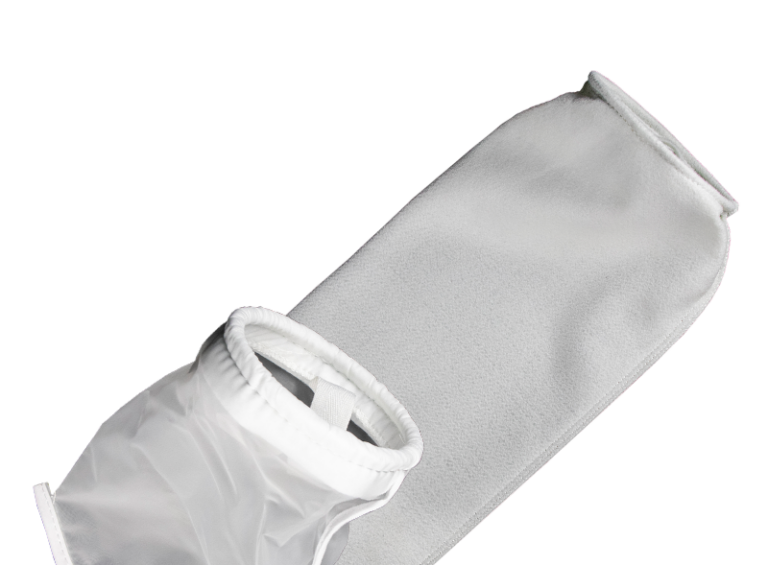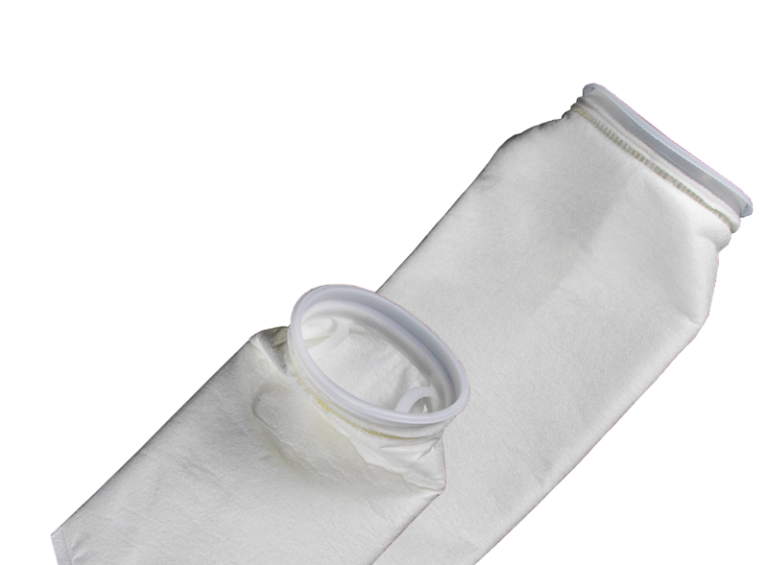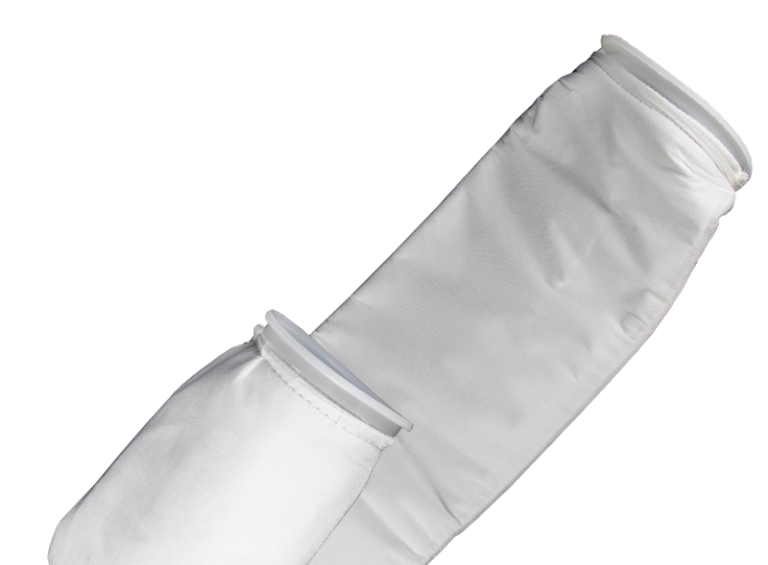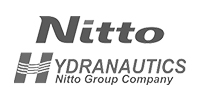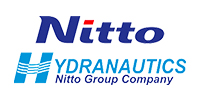The challenges in coatings industry
A popular challenge that the coatings industry faces is the production of coatings where a high viscosity liquid is involved. Filtration of such liquids is often on a large, industrial scale; the implication of which means that filters may also require resistance to high temperatures and a high dirt holding capacity. Similarly, they must be cost effective as the volume of liquids requiring filtration can be vast.
This type of filtration is most common at the final packaging stage where bulk storage or mix tanks are decanted into the required containers for the customers. Paint skin, coagulated pigments or other physical contaminants may affect the quality of the final product. There is several reasons why manufacturers have to deal with such problems however, often those can be tailed back to incorrect inspection if incoming raw materials or unnecessary exposure of those ingredients to high temperatures.
In most cases, high viscosity liquids are typically pumped through Nylon mesh bags, removing relatively large bulk solids in the range of 50 to 1000 micron. This filtration method removes unwanted contaminants, improves the consistency of the liquid and increases the usable yield. It is ideal for applications where large volumes of fluids need processing and particulate or dirt holding is high.
Common practice
Many coating manufacturers use liquid filtration technology as the simplest and most cost-effective solution of removing lumps, gels and irregular shaped contaminants from highly viscous liquids. In many cases, however, this is being performed by simply attaching cheesecloth or muslin cloth at the end of the pipe so that before the product, is being canned, it is filtered with the cloth. Despite this can be an effective solution, using such method of securing it to the pipework is awkward and lengthy process. Moreover, the process requires to be repeated a significant number of times a day, due to the number of products and batch sizes, which would vary day to day depending on their customers’ orders. However, despite this awkwardness, many manufacturers think that a cheesecloth is the only solution they can relay on, especially if used in circumstances where a pipe ends in a way which does not fit standard neck seals produced by majority of the bag filters suppliers.
Fileder Solution
Often small batch processes do not warrant the use of bag filters within industry recognised housings; it can be quicker and more cost effective to use bespoke bags to suit the individual manufacturing processes. These are often tied to the end of pipes or fixed over IBCs. Fileder can design and manufacture a custom nylon monofilament mesh bag without a neck ring, which allows the client to quickly and easily apply over the pipe and fit securely. Not only does this considerably speed up the packaging of customer goods but it also allows the client to have a consistent filtration process. Muslin cloth would often be supplied at a generally low quality with an ununiform mesh, while the micron specific nylon monofilament supplied by Fileder gives the client that stable filtration level. This highlights that Fileder can provide bespoke solutions to best suit customers processes and our capabilities do not end with our standard stock offering.
At Fileder we are able to design or retrofit a bespoke bag that best suits our customers’ production; with options varying from bag sizes, materials, neck types, added drawstrings, reinforced seals and double neck rings.

